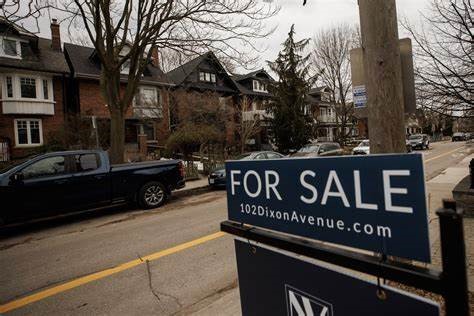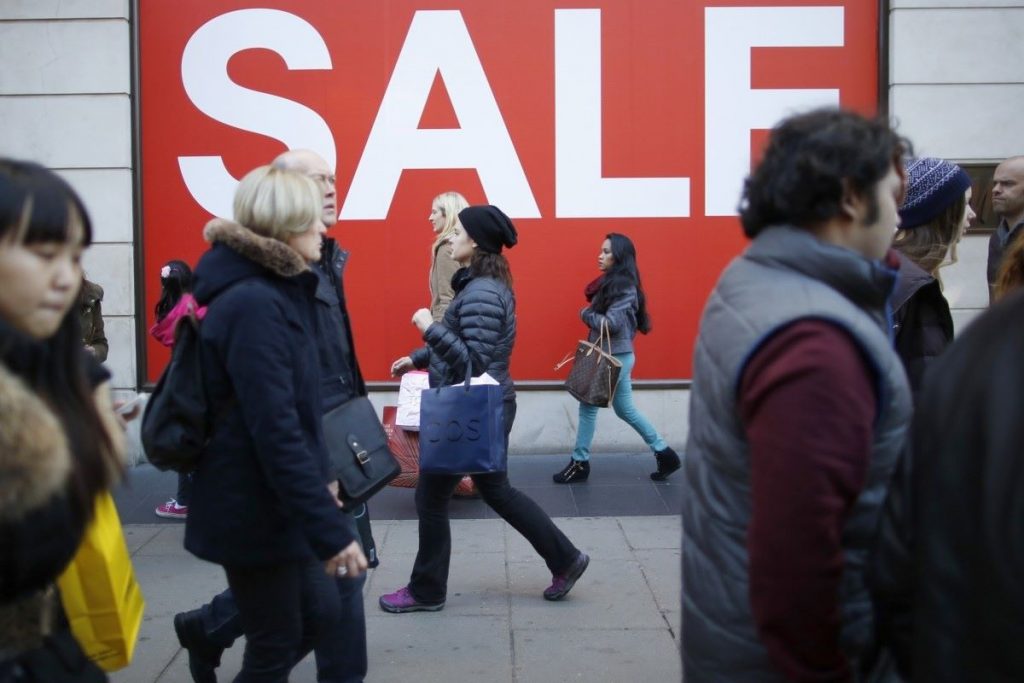In a significant turnaround from April’s rain-dampened figures, UK retail sales soared in May, marking the sharpest increase since January. The Office for National Statistics reported a robust 2.9% rise in the volume of goods sold both in stores and online, erasing the previous month’s 1.8% decline. This outperformed economists’ expectations of a more modest 1.8% gain.
Consumer Confidence Boost
The surge in UK retail sales coincided with a notable uptick in consumer confidence, which reached its highest level in three years. This increase came before external factors such as the Ukraine conflict and pandemic-induced cost-of-living pressures began to impact sentiment. Despite economic challenges such as sluggish growth and rising unemployment, households have benefited from higher wages. This has supported continued consumer spending.
Analyst Insights and Market Reactions
Charlie Huggins, portfolio manager at Wealth Club, highlighted the resilience of consumer spending amidst sustained higher interest rates. He suggested that anticipated rate cuts later in the summer could further bolster consumer optimism.
Sector Performance and Economic Impact
Non-food sales led the charge with a robust 3.5% increase, marking the strongest growth since April 2021. Categories including clothing, footwear, furniture, sports equipment, games, and toys all reported substantial gains. Improved foot traffic driven by better weather conditions and promotional activities contributed significantly to these gains.

Canadian Homebuyers Embrace Variable-Rate Mortgages Amid Rate Cut Expectations
Canadian homebuyers are increasingly turning to variable-rate mortgages, reflecting mounting anticipation of forthcoming interest rate…
Implications for Economic Growth
The positive momentum in UK retail sales sets an optimistic tone for overall economic growth in the second quarter of the year. May’s favorable weather conditions, coupled with diminished rainfall, helped mitigate temporary setbacks observed earlier in the year. The Bank of England recently revised its second-quarter outlook upwards. It hinted at potential future interest rate reductions, underscoring growing economic resilience.
Political and Fiscal Considerations
Despite these encouraging economic indicators, the retail sales boost is unlikely to sway the electoral landscape significantly. Prime Minister Rishi Sunak’s Conservative Party faces challenging poll prospects ahead of the July 4 general election, despite the positive economic data. Additionally, consumers continue to face inflationary pressures, reflected in higher prices for a narrower range of goods.
Public Finances and Economic Stability
Separate figures released alongside retail data showed that public finances were stronger than previously estimated. The budget deficit in May stood at £15 billion, slightly below the Office for Budget Responsibility’s forecast of £15.7 billion. Economists welcomed this as potential good news for the next government, suggesting it could ease fiscal pressures and support future public spending decisions.
Looking Ahead
As the UK navigates through economic recovery and potential policy adjustments, attention will remain focused on sustaining consumer confidence and managing inflation. The upcoming election will undoubtedly shape future economic policies. Challenges include high debt levels and the potential need for tax increases to support public services.
Subscribe to Barron’s and The Wall Street Journal for insightful analysis and prompt, personalized service. Boost your financial confidence with consistent guidance. Diverse viewpoints, and innovative ideas, ensuring you remain ahead in the ever-evolving realm of global finance. Embark on a journey where convenience merges with extensive coverage.

